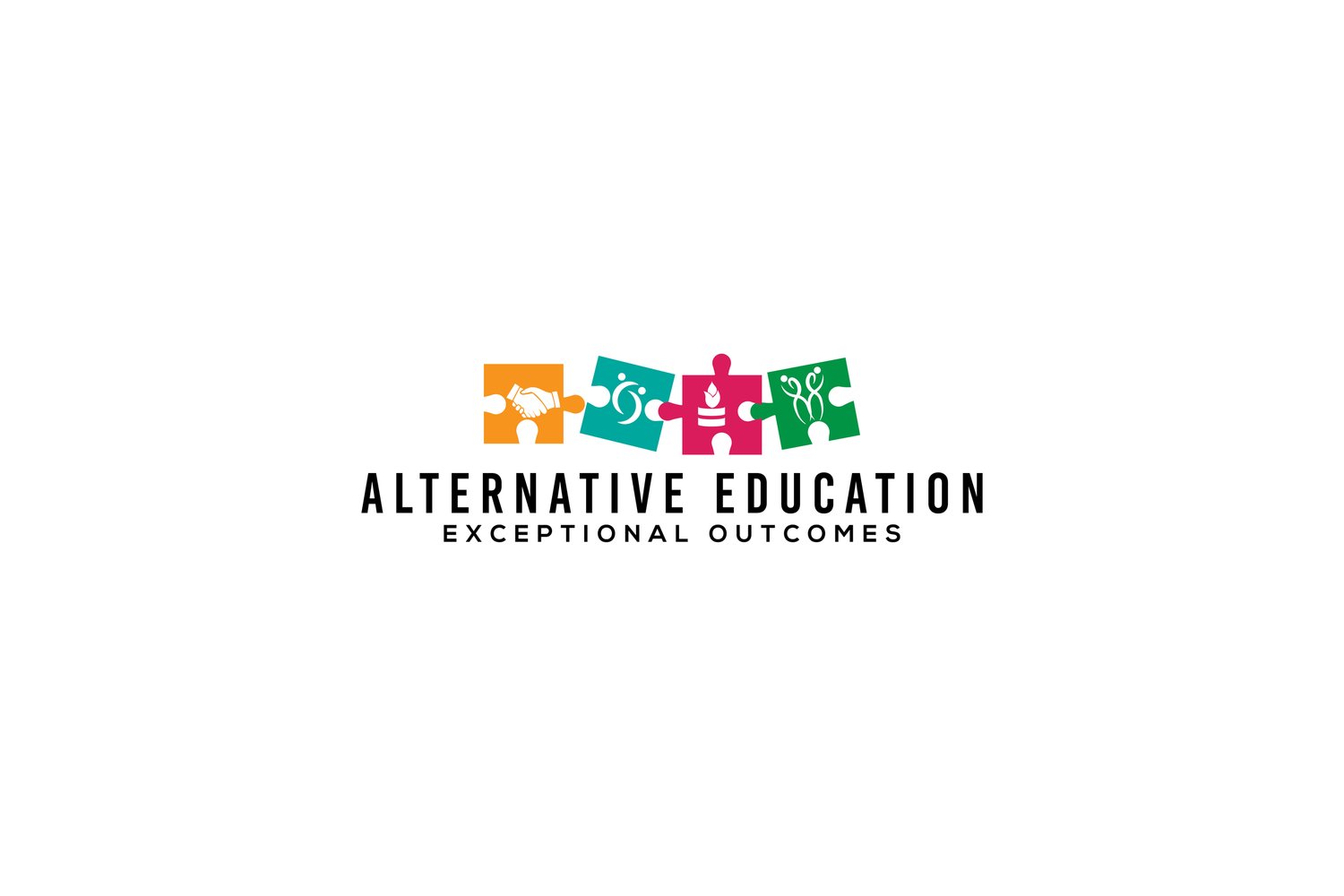
Care and Community
Actively engaging in various volunteering activities can positively impact young individuals:
1. Confidence: Volunteering allows young individuals to contribute their time and skills to meaningful causes. As they see the positive impact of their efforts on the community, they gain a sense of accomplishment and recognition. This recognition and the ability to make a difference can boost their self-confidence and self-worth, helping them overcome the confidence deficit.
2. Participation: Volunteering actively involves young people in community activities. By volunteering at a community-managed library, helping clean and maintain community buildings, or supporting local groups, they become integral members of the community. This active participation fosters a sense of belonging and encourages them to be more engaged in their surroundings, addressing the participation deficit.
3. Connection: Engaging in volunteering activities exposes young individuals to diverse groups of people, including fellow volunteers, community members, and those in need. Building relationships with like-minded individuals who share a passion for making a difference strengthens their social connections and addresses the relationship and connection deficit.
4. Contribution: Through volunteering efforts like growing food for food banks or learning to maintain vehicles for community services, young individuals actively contribute to the well-being of their community. This sense of purpose and making a positive contribution to society helps overcome the contribution deficit, fostering a spirit of giving back and making a difference.
Caring for the community and engaging in various volunteering activities can create a powerful ripple effect:
1. Fostering Empathy and Compassion: Volunteering exposes young individuals to different perspectives and challenges faced by others. This experience fosters empathy and compassion, helping them develop a deeper understanding of the needs and struggles of their community members.
2. Strengthening Community Bonds: Volunteering brings people together with a shared purpose. Working alongside others to achieve common goals strengthens community bonds and promotes a sense of unity and camaraderie.
3. Learning Essential Skills: Volunteering provides opportunities for young individuals to learn practical skills, such as teamwork, problem-solving, communication, and leadership. These skills are valuable assets that can be applied to various aspects of their lives.
4. Creating Lasting Memories: Volunteering experiences create lasting memories that stay with young individuals throughout their lives. These positive memories and the sense of fulfillment they bring can be a source of inspiration and motivation for future endeavors.
By actively participating in volunteer activities, they build confidence, form meaningful connections, contribute positively to their community, and develop essential life skills. The act of caring for others and the community nurtures a strong sense of purpose, instills empathy, and fosters a spirit of giving back, ultimately empowering young people to reach their full potential and become active, responsible citizens in society.
Let's specify the advantages of each volunteering opportunity offered:
1. Volunteering at a Community Managed Library:
Promotes Education and Literacy: By assisting in a library, young individuals contribute to promoting education and literacy within their community. They may assist patrons in finding resources, or conduct storytelling sessions for children.
Enhances Communication Skills: Interacting with library visitors and fellow volunteers helps young people improve their communication skills, including active listening and clear articulation.
Expands Knowledge: Volunteering in a library exposes young individuals to a diverse range of books and resources, broadening their knowledge and understanding of various subjects.
2. Cleaning and Maintaining a Community Building and Its Assets:
Fosters a Sense of Ownership: Taking care of a community building and its assets instills a sense of ownership and responsibility for the well-being of the community.
Builds Teamwork and Cooperation: Working together with other volunteers to clean and maintain the facility promotes teamwork and cooperation, enhancing social skills.
Creates a Safe Environment: A well-maintained community building ensures a safe and pleasant space for community members to gather and participate in activities.
3. Growing Food for Food Banks:
Addresses Food Insecurity: By growing food for food banks, young individuals contribute to alleviating hunger and supporting vulnerable community members.
Promotes Sustainable Practices: Engaging in gardening and food production fosters an appreciation for sustainable practices and environmental stewardship.
Encourages Healthy Eating Habits: Young volunteers can learn about the importance of nutritious food and promote healthy eating habits within their community.
4. Supporting Local Groups:
Strengthens Community Ties: Getting involved in local groups strengthens community ties and encourages cooperation among residents.
Nurtures Leadership Skills: Volunteering with local groups can provide young individuals with leadership opportunities and experiences.
Addresses Community Needs: By supporting local groups, young volunteers actively address specific needs and challenges within their community.
6. Learning How to Maintain Vehicles:
Enhances Practical Skills: Learning vehicle maintenance equips young individuals with practical skills that are useful in everyday life and can potentially lead to future career opportunities.
Promotes Self-Reliance: Knowing how to maintain vehicles promotes self-reliance and independence.
Contributes to Community Safety: Young individuals who can help maintain vehicles contribute to community safety by ensuring that vehicles are well-maintained and roadworthy.
Volunteering in various community activities offers a wide array of benefits for young individuals. From personal growth to community development, these opportunities provide invaluable experiences that can shape their character, skills, and sense of responsibility, ultimately contributing to their overall well-being and making a positive impact on the communities they serve.
